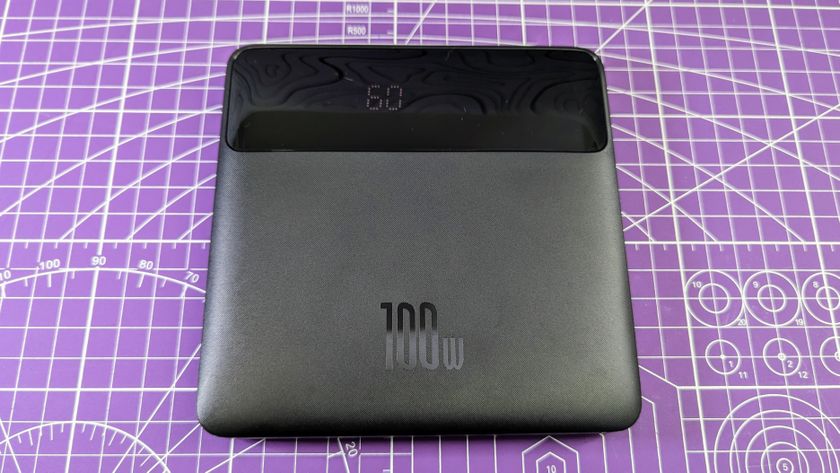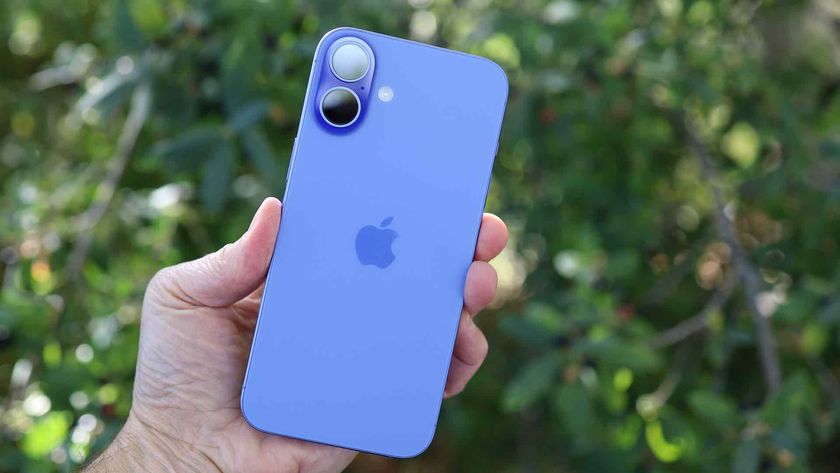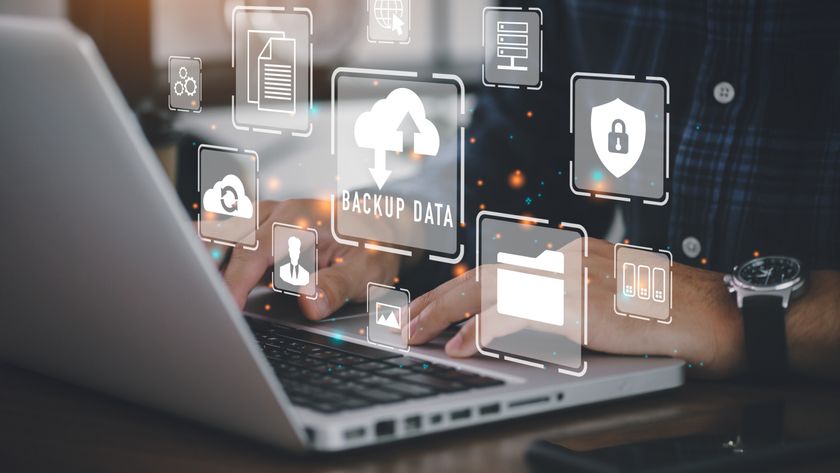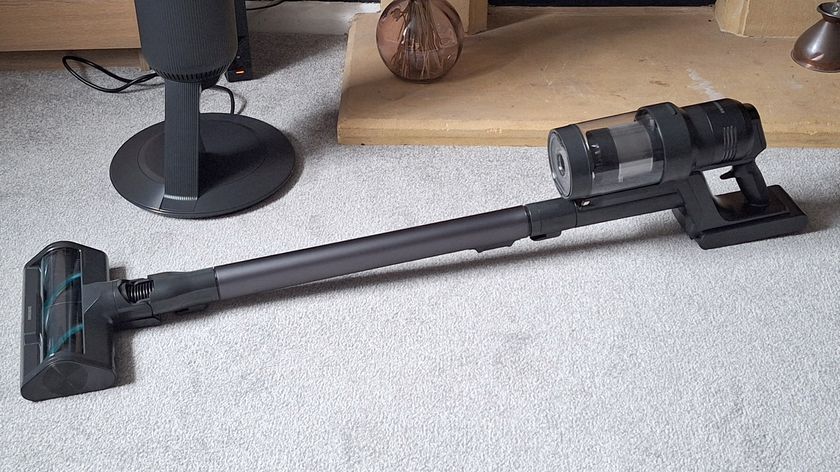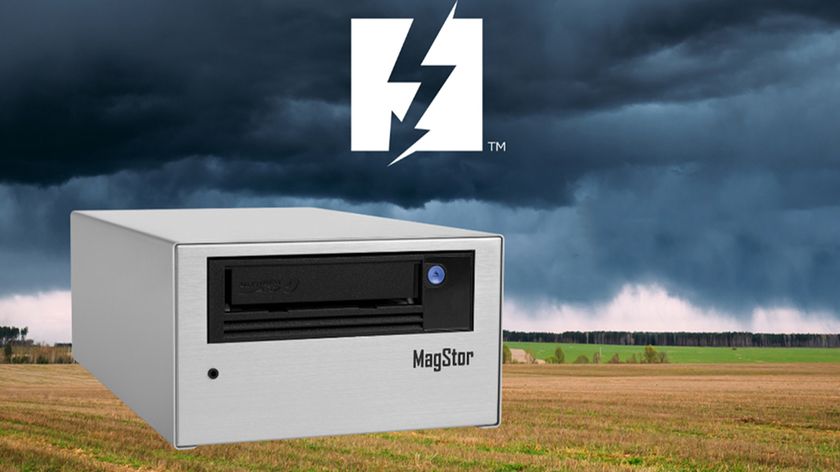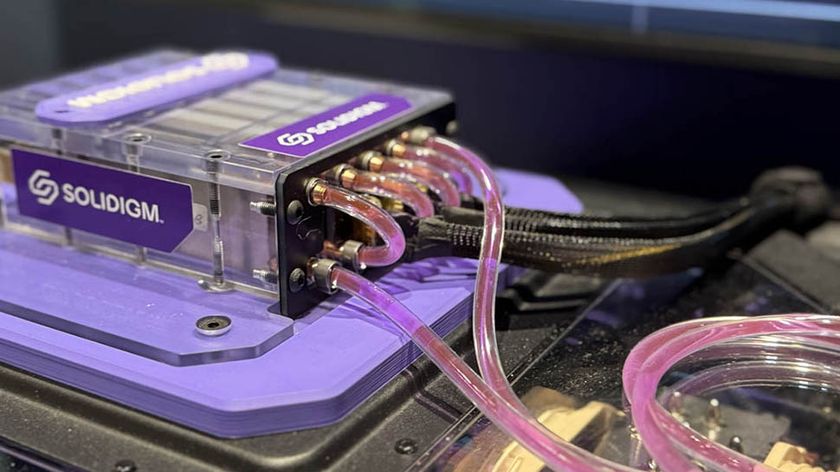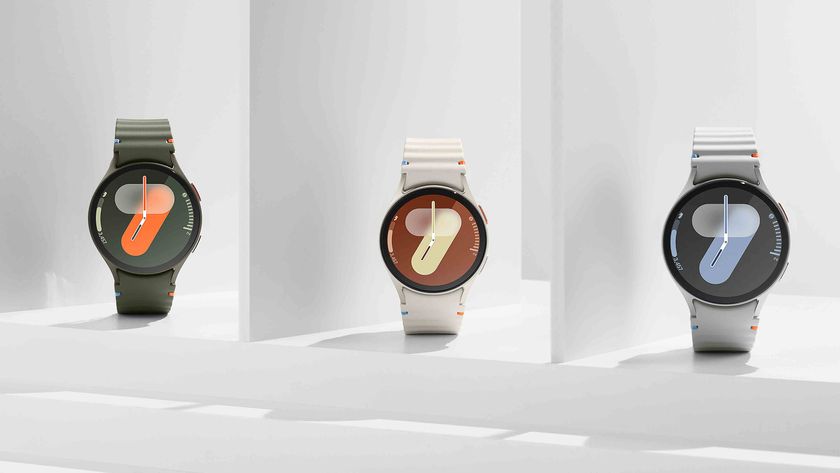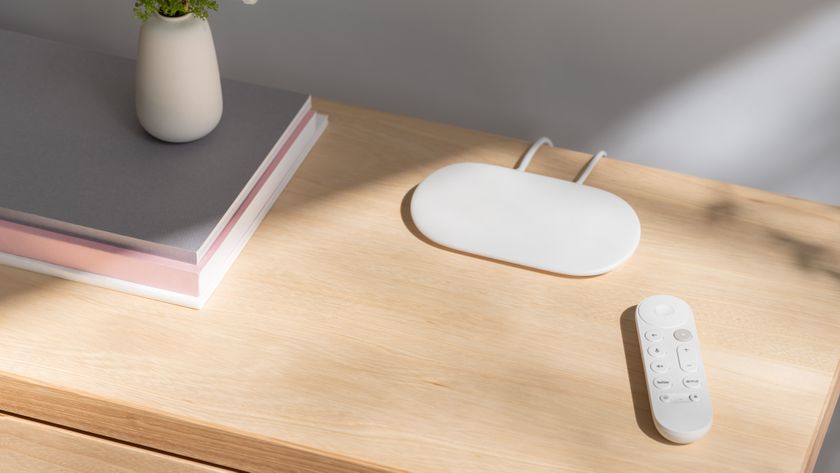Why ARM is still the tech giant you don't really know
EVP Ian Drew talks tablets, wearable tech and consumer brands
"There are no unique laws of physics," said Drew. "So what's different between ARM and Intel?
"One is that ARM cores are much smaller and take lower power, secondly we allow people to differentiate, allowing people like Texas Instruments, Nvidia, Qualcomm and Mediatech to build on what we have done and the third one is about volume.
"You look at eight or nine billion cores shipped each year - of which 1.5 billion micro-controllers helping build the internet of things, thousands are in servers and see that there's a huge spread that software developers can target - it's not just a pc anymore and that allows software developers to say 'I can do this because its on ARM'.
"I talk to more software developers than I do any other part of the industry - and it has become a huge ecosystem. For anyone who works on phones I would say you have to know about ARM."
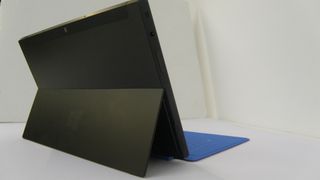
A self-confessed 'tablet geek' Drew is fascinated by the democratisation of the internet, showing off a £150/$230 quad-core tablet from China that is 4K capable alongside the inevitable Microsoft Windows Surface which runs on ARM architecture ("Maybe it's just because of where I work but everyone tells me how much they like it," he says as an aside, adding that it's now his primary out-and-about work device.)
"If you want to democratise the internet, I've seen tablets in China being sold at 35 quid," he said.
With the whole tablet industry flourishing, there's more tablets and laptops shipping using ARM than on Intel. So ask yourself, 'is this going to revolutionise the industry?
Get daily insight, inspiration and deals in your inbox
Sign up for breaking news, reviews, opinion, top tech deals, and more.
"I bought $50 tablets in Taiwan and that is what my kids use. I have an iPad for media, and for work I carry an RT device, I don't carry a laptop. What I do know is that I have a lot of options - I think it's a whole new way of doing things and that has democratised the internet.
"I gave an internal speech last week about the next billion users of phones being in emerging markets. There's a whole new class of people who have disposable income and their first devices will be phones."
Is the future wearable?
Drew believes that the breadth of ARM's scale - from 50 cent micro-controllers to complex high-end chips - stands the company in good stead. Which obviously prompted TechRadar to ask about another burgeoning area of technology - wearable tech.
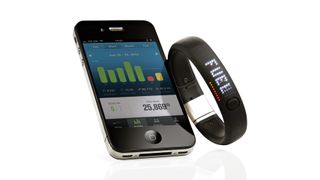
"We have talked to wearable technology companies - we're an IP provider so yes we're involved in companies that do wearable tech - although not Google Glass.
"Yes I'd have liked [to have been attached to the Google Glass product] but I'd also like to make sure there was differentiation - multiple players - because in reality one size doesn't fit all. I think it's all about the data that comes off of this technology and how you use it. Google Glass, the Nike band, smart meters - it's all about the data and how you use that data that's the important thing."
As a company focused on providing designs that cater for the next generation of chips, ARM needs to future-gaze, and Drew provided us with three rules that keep the company agile and innovative.
"We design our IP so it can work across multiple devices, the Cortex a15 is in phones, tablets, servers, tvs etc because it's designed to work across all of them. So firstly, don't hem yourself in.
"Secondly make sure you have enough software in the ecosystem -so we have to think three to five years ahead to what software's needed and find ways to do it.
"Finally, when we define new products we don't just talk to the semiconductor manufacturers, but we'll also go to people like the OEMs and film companies in Hollywod and say 'we're thinking about doing this. What do you think?'"
It all sounds so simple, when put like that, but ARM's quiet ways have propelled it into becoming one of the most influential technology companies on the planet. Not bad for a Cambridge-based company whose first product appeared in an Acorn computer. From Acorns...
Patrick Goss is the ex-Editor in Chief of TechRadar. Patrick was a passionate and experienced journalist, and he has been lucky enough to work on some of the finest online properties on the planet, building audiences everywhere and establishing himself at the forefront of digital content. After a long stint as the boss at TechRadar, Patrick has now moved on to a role with Apple, where he is the Managing Editor for the App Store in the UK.

